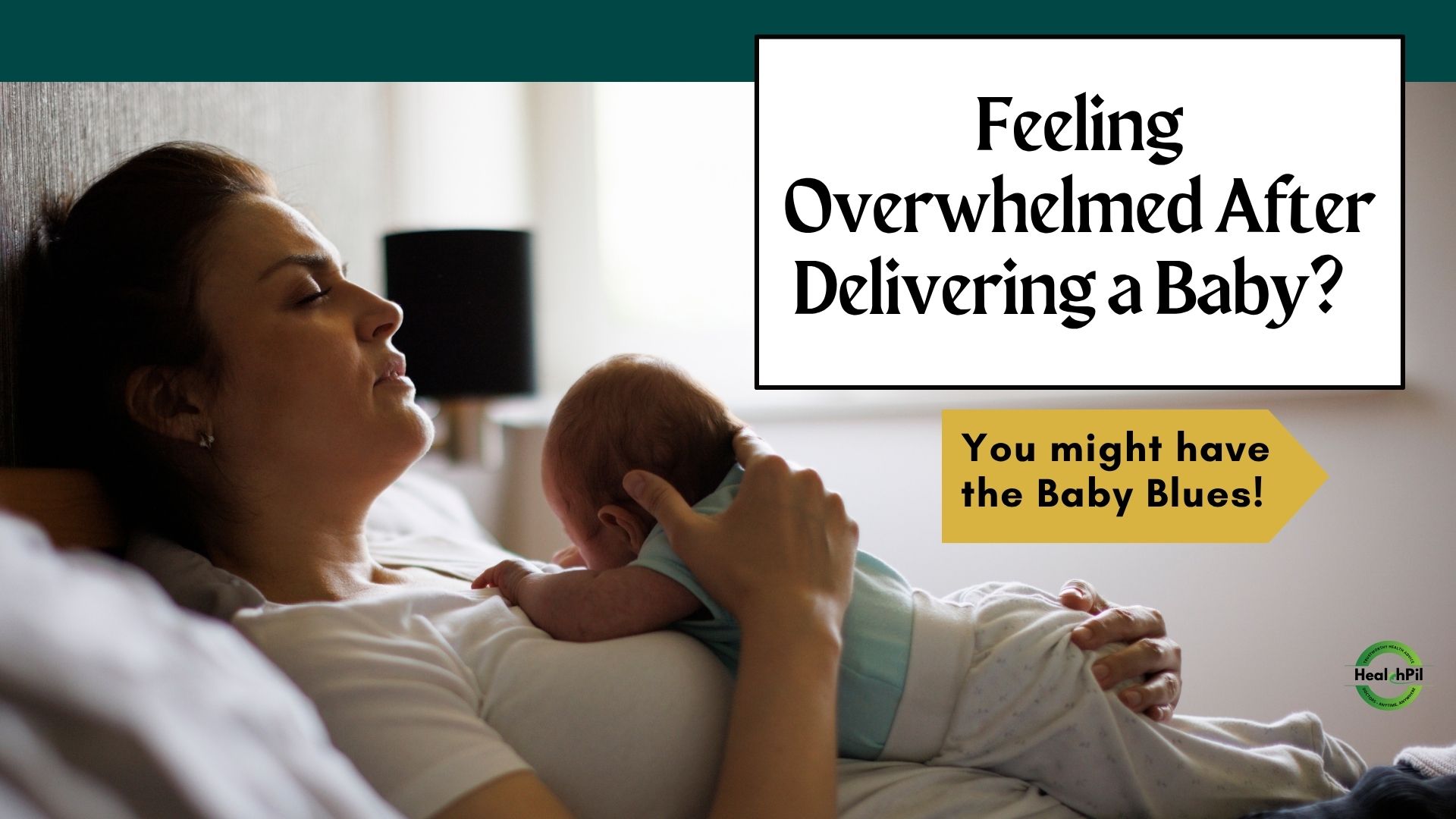
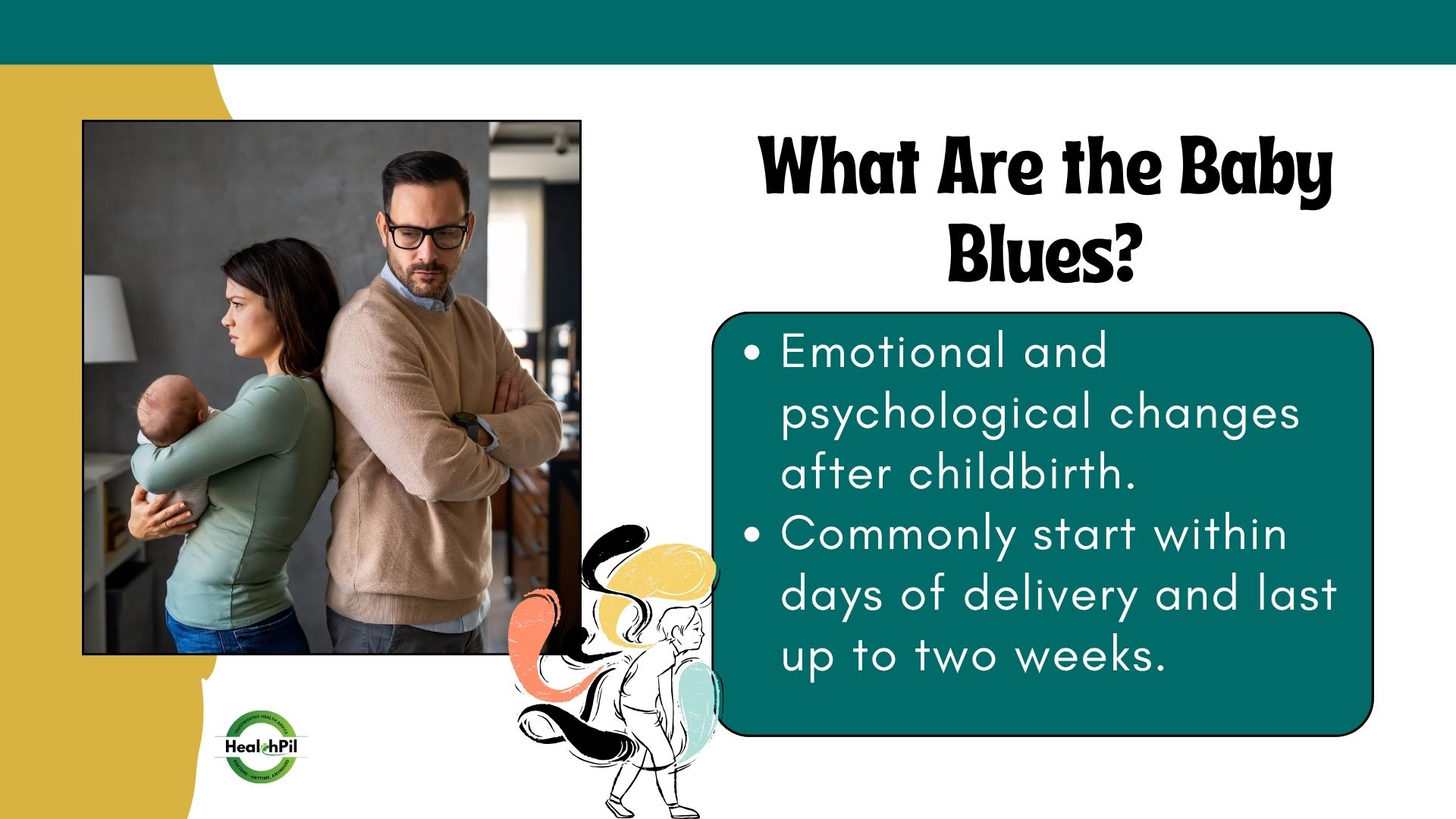
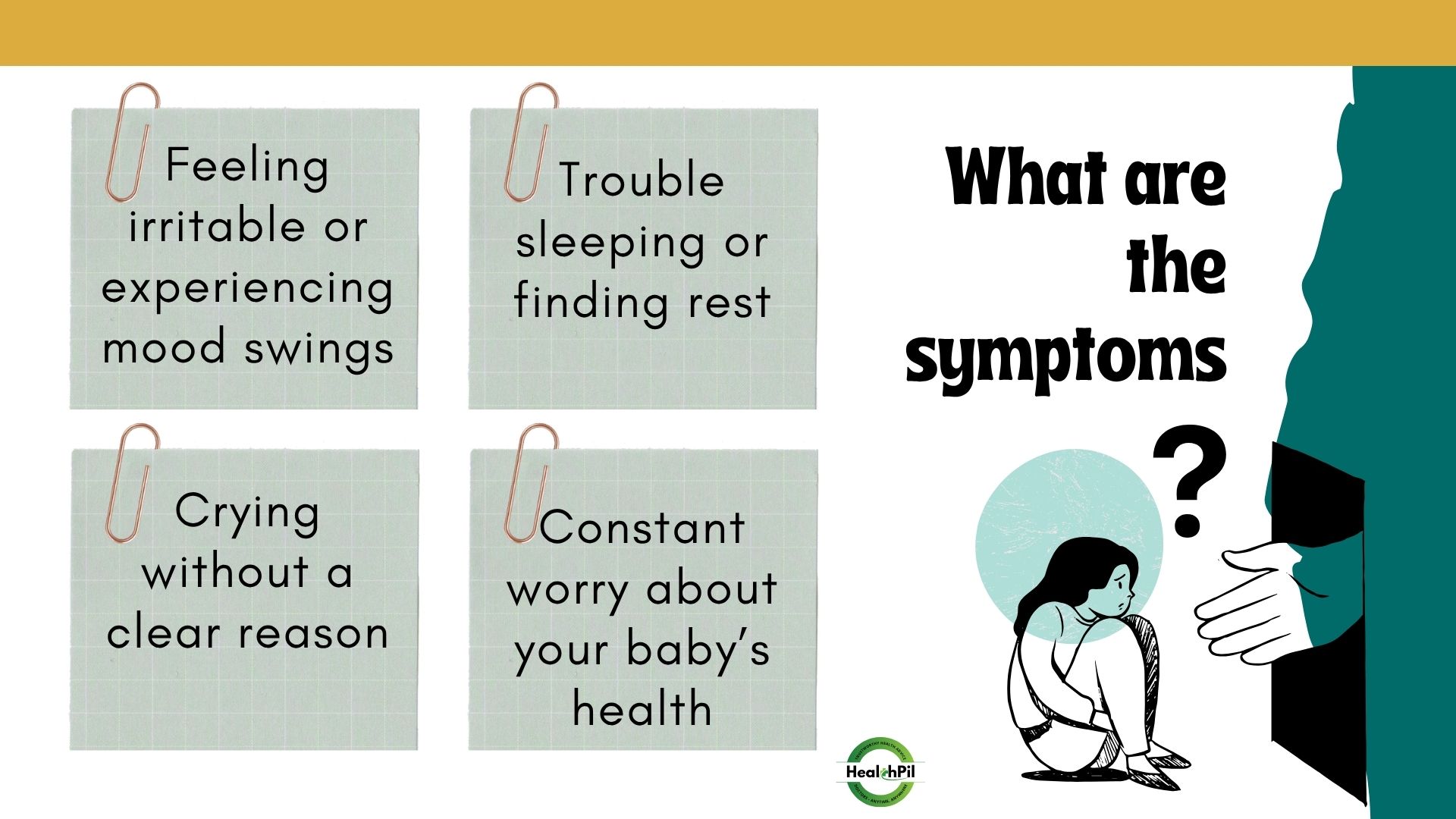
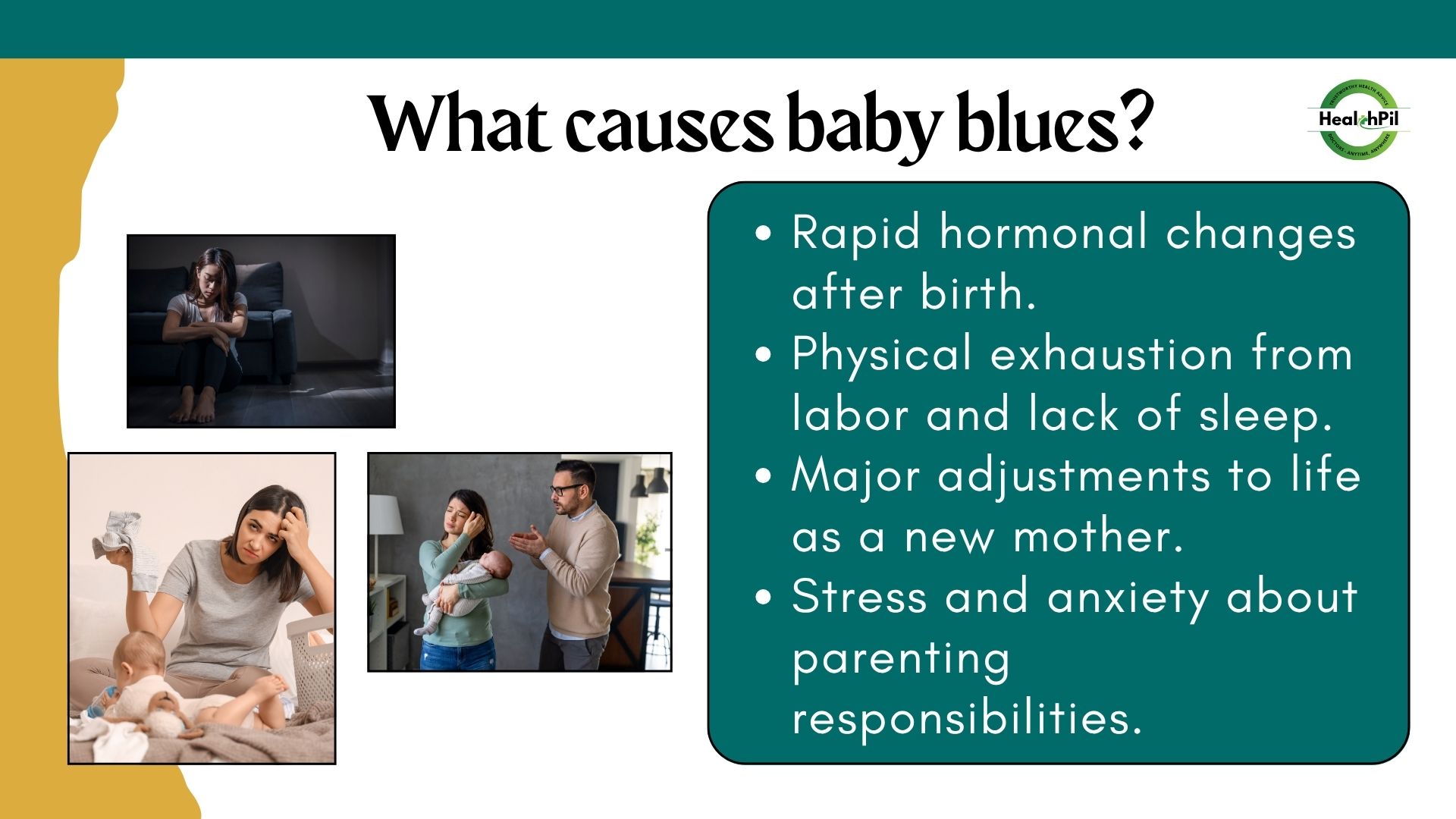
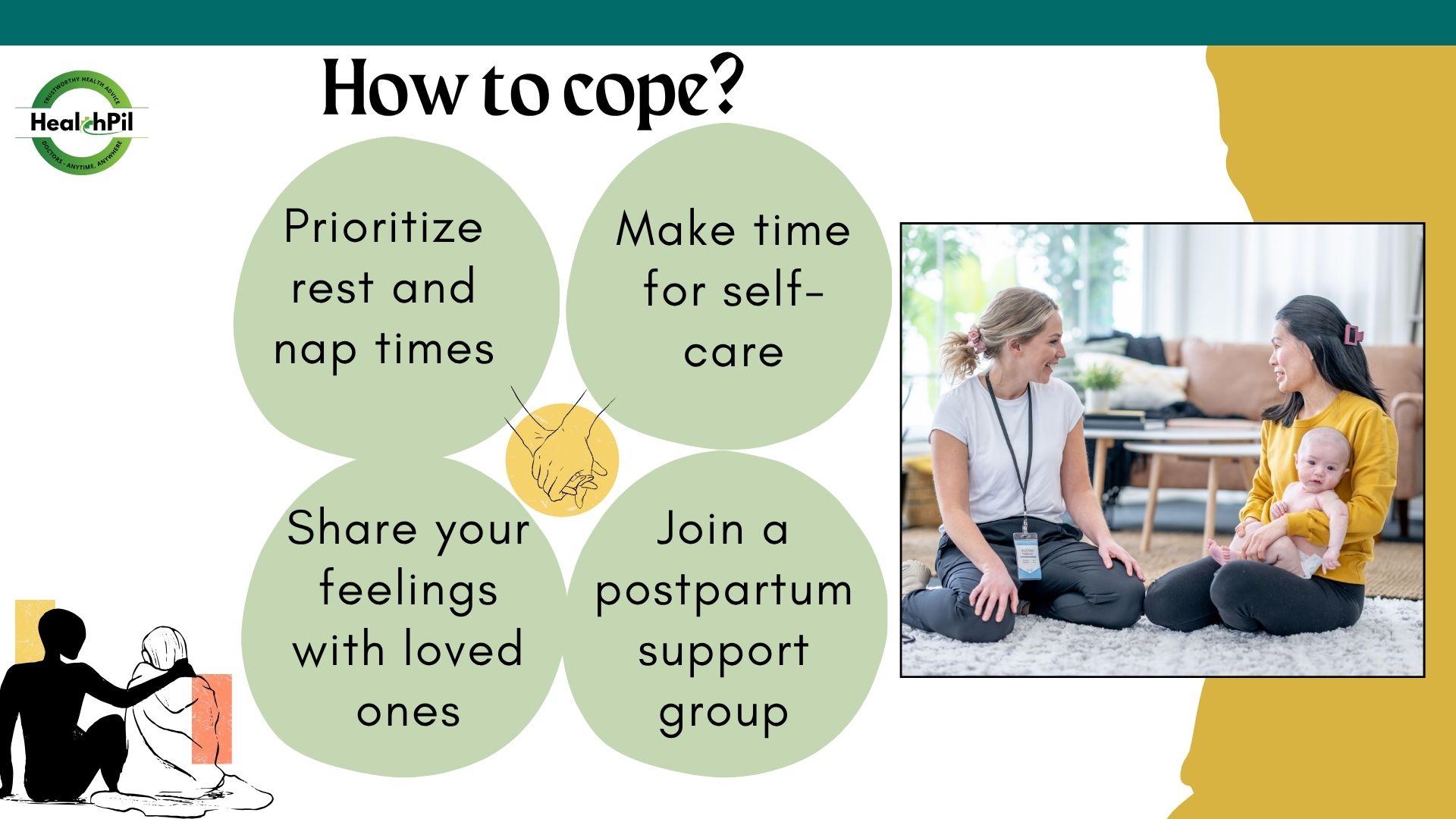
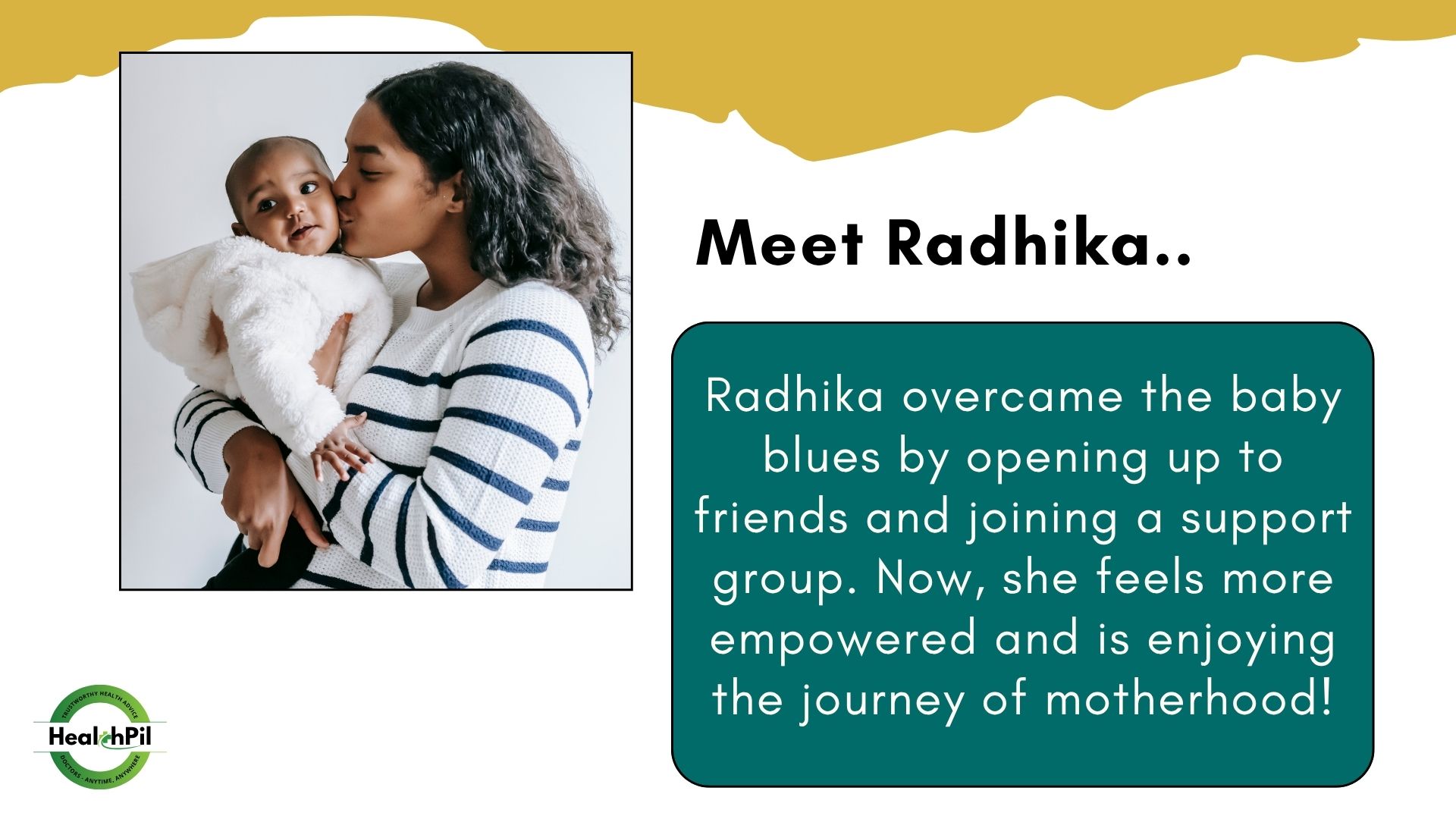

Feeling Overwhelmed After Birth? You Might Have the Baby Blues!
The arrival of a new baby brings immense joy, but it can also lead to feelings of sadness and anxiety for many new mothers. Known as the “baby blues,” this condition is common and typically temporary. Understanding the baby blues, their symptoms, and coping strategies can help new moms navigate this challenging time.
What Are the Baby Blues?
The baby blues refer to a range of emotional and psychological changes that many women experience after childbirth. These feelings usually start within a few days after delivery and can last for up to two weeks. While the baby blues are common and often mild, they can still be distressing.
Symptoms of the Baby Blues
Common symptoms include:
● Mood swings
● Feelings of sadness or irritability
● Crying spells
● Difficulty sleeping
● Anxiety or worry about the baby’s health and well-being
● Feeling overwhelmed or inadequate as a mother
Causes of the Baby Blues
Several factors may contribute to the development of the baby blues:
1. Hormonal Changes:
After childbirth, the dramatic drop in hormones (estrogen and progesterone) can lead to emotional fluctuations.
2. Physical Exhaustion:
The demands of labor and the lack of sleep can leave new mothers feeling drained.
3. Adjustment to Motherhood:
The transition to motherhood is a significant life change that can be overwhelming.
4. Stress and Anxiety:
Concerns about caring for a newborn or changes in family dynamics can contribute to feelings of sadness.
Coping Strategies for the Baby Blues
- Rest when you can. Sleep during your baby’s naps, and don’t hesitate to ask for help from loved ones.
- Talk about how you’re feeling with friends, family, or a support group. Sharing your experiences can ease stress and anxiety.
- Make time for self-care activities that make you feel good, like taking a warm bath, reading a book, or going for a peaceful walk.
- Consider joining a postpartum support group. Connecting with other moms can make you feel less alone.
- If feelings of sadness last longer than two weeks or get worse, reach out to your healthcare provider. They can help you figure out if you’re dealing with postpartum depression (PPD).
Frequently Asked Questions
How long do the baby blues last?
The baby blues typically last for a few days to two weeks after delivery.
Is it normal to feel sad after having a baby?
Yes, many new mothers experience the baby blues due to hormonal changes and the challenges of motherhood.
When should I seek help?
If your symptoms persist beyond two weeks or interfere with your daily life, consult your healthcare provider.
Can I prevent the baby blues?
While you may not be able to prevent them, seeking support and practicing self-care can help mitigate symptoms.
What’s the difference between the baby blues and postpartum depression?
The baby blues are typically mild and temporary, while postpartum depression is more severe and may require medical intervention.
Conclusion
The baby blues are a common experience for many new mothers, but understanding the symptoms and employing effective coping strategies can help ease the transition into motherhood. Remember, it’s essential to prioritize self-care and seek support when needed. You are not alone in this journey!
Disclaimer
The information provided in this article is for awareness purposes only and should not replace professional medical advice. Always consult your healthcare provider for personalized medical guidance.
How HealthPil can help?
HealthPil Is Always Here for YOU!
● Need Guidance? Connect with healthcare experts ready to help you navigate gestational diabetes.
● Join Our Community: Gain access to tips, resources, and support from mothers just like you!
● Don’t Delay—Take Action! Your health and your baby’s future are too important to wait!
Contact HealthPil today and empower your pregnancy journey!
